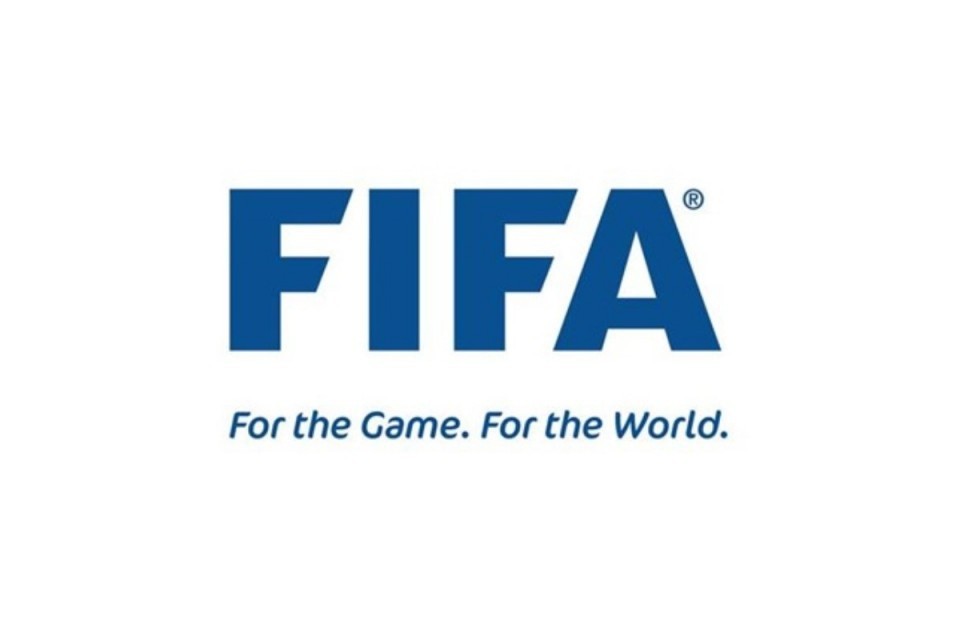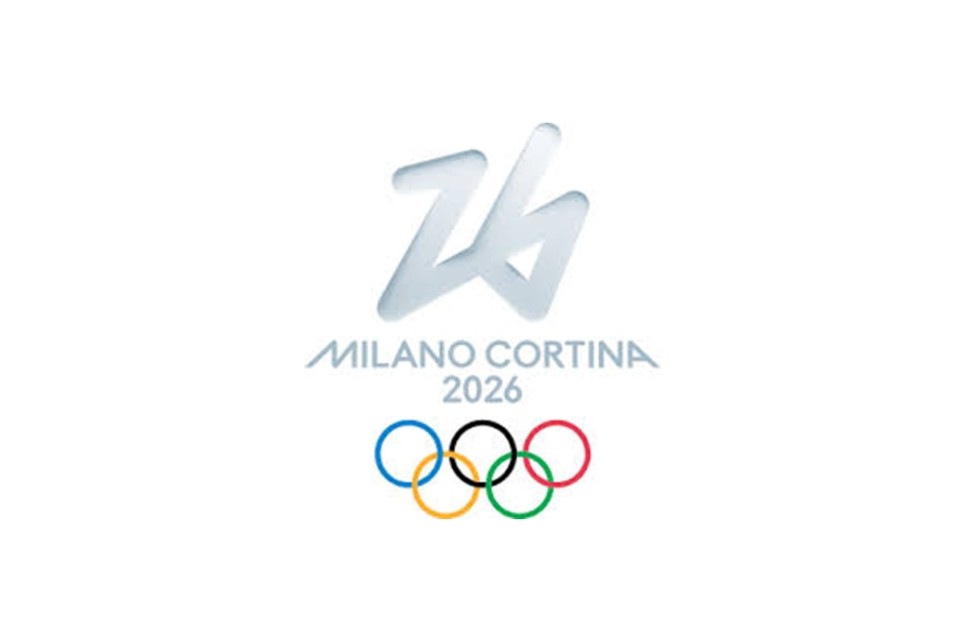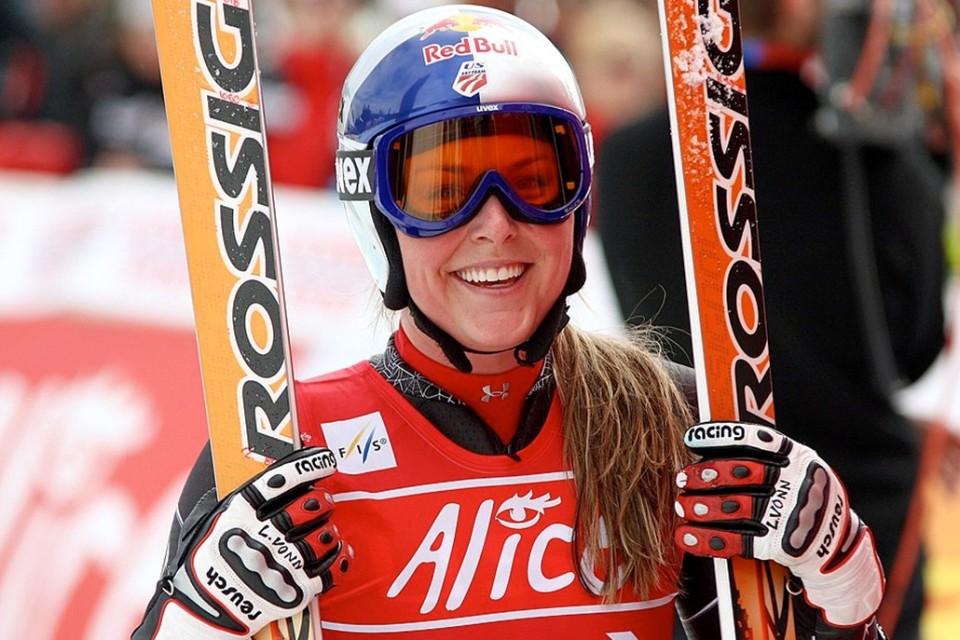Tue, June 04, 2024
FIFA extend rules on maternity and adoption

FIFA issued new rules to help female players and coaches during pregnancy by extending maternity cover to adoptive parents while encouraging national teams to facilitate contact with families during major tournaments.
These rules, approved unanimously by the FIFA Council, mark significant progress for women balancing careers and family life.
Key changes include a minimum 14 weeks of paid maternity leave for both players and coaches, eight weeks of paid leave for those adopting a child under two, and full pay for absences due to menstrual issues. Additionally, women not biologically related to the child will receive eight weeks of family leave.
The new regulations will also allow women to receive full pay while absent from training or matches due to menstrual problems, plus encourage teams to allow female players more contact with family while on international duty.
Former U.S. coach Jill Ellis has emphasised the importance of these changes: "A football career shouldn’t exclude being a mum or raising a child. If I didn’t have support, I couldn’t have maintained my career."
The regulations also allow clubs to register players outside typical periods to replace those on maternity, adoption, or family leave. This ensures that returning players can be re-registered regardless of the standard registration windows.
FIFA's Chief Women’s Football Officer, Sarai Bareman, highlighted the importance of considering the menstrual cycle in a professional sports environment. "We must protect those affected by menstrual cycles to ensure their employment and earning capabilities are not at risk."
Member associations are encouraged to enable female players to maintain family contact while on international duty, a crucial move for mothers often away for extended periods, such as during the World Cup.
The updated Regulations on the Status and Transfer of Players came in effect on 1 June.



